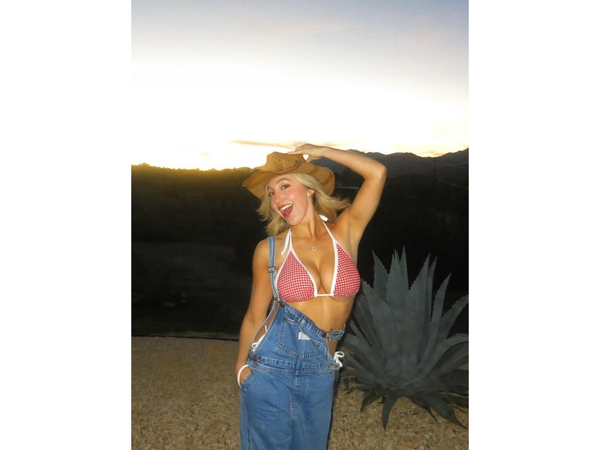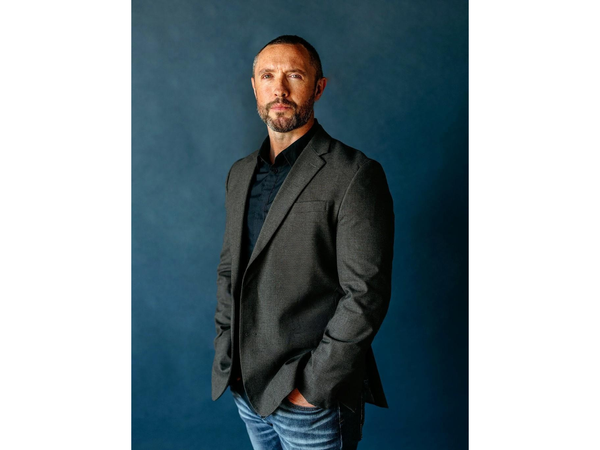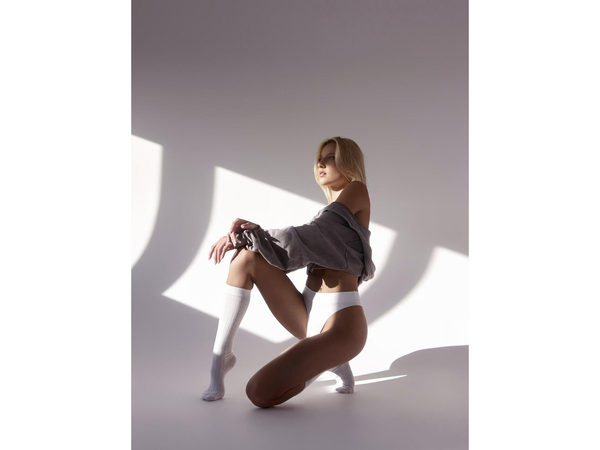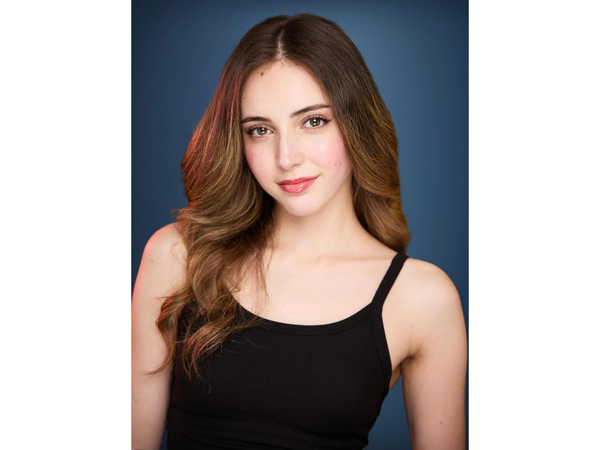FILIP ALEXANDERSSON TALKS HIDDEN: SECOND BORN
"I did not want to just clone my first book"
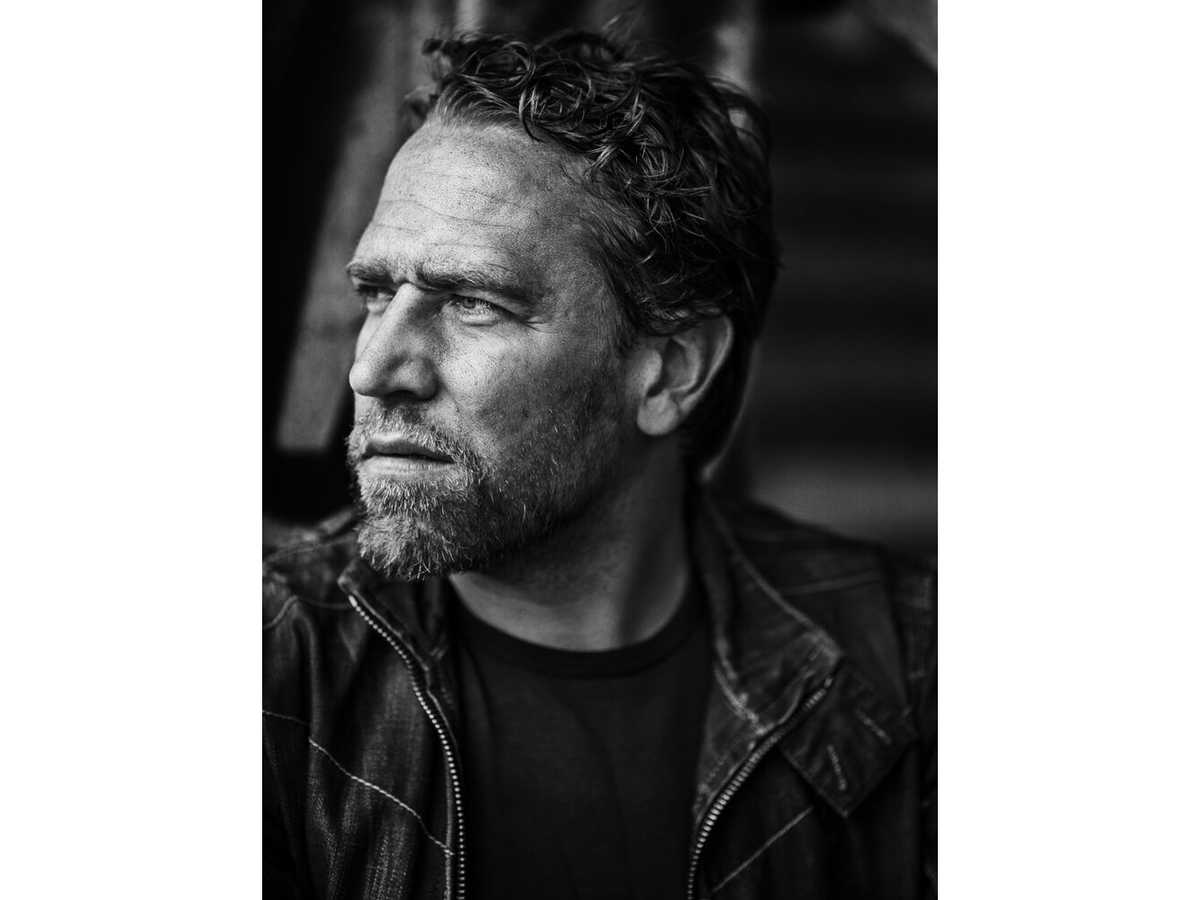
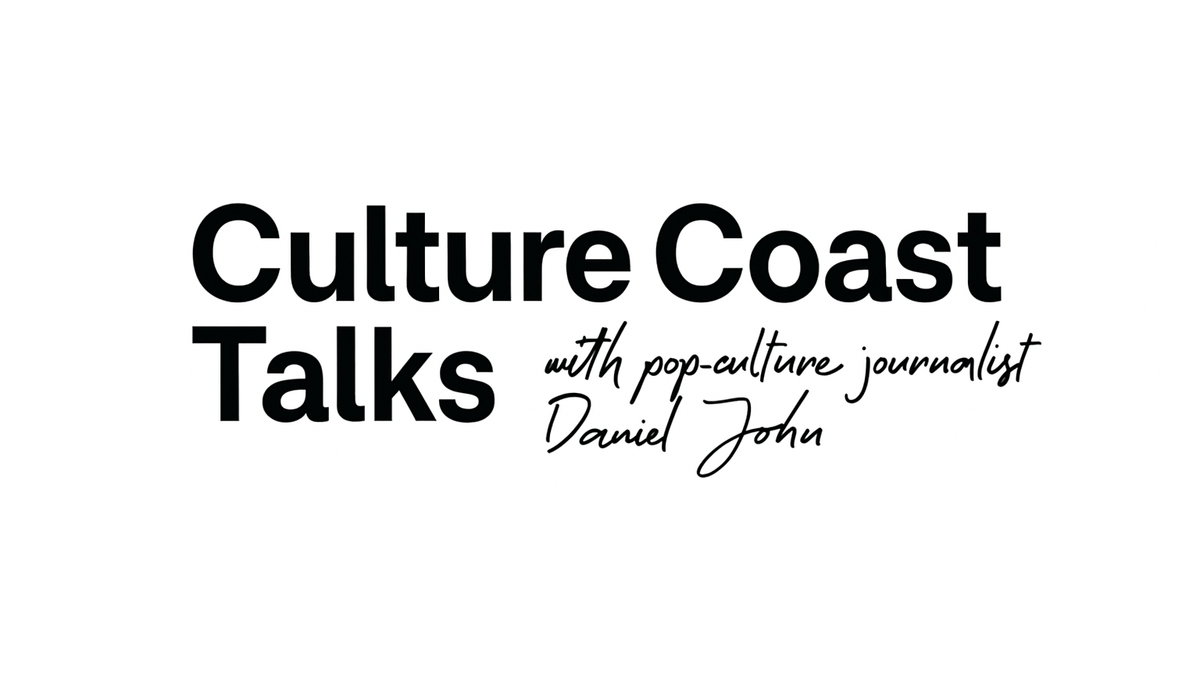
You’re an actor at the prestigeful Royal Dramatic Theatre in Stockholm, what drew you to start writing as well?
I honestly don’t know. I never dreamed of becoming a writer, it just happened. Then it became a challenge and now it’s an addiction, it’s a sanctuary where I can let my creativity run free without interference from others. A vent from everyday life where I release whatever arises. Writing swings between necessity and burden. Sometimes I wonder what I’ve gotten into, but by then I’ve come too far to give up. Then it suddenly clicks, and the satisfaction of realizing it works is enormous.
This new book is the second part in the 'Hidden' series. What are these books about?
It’s about the hidden, strange individuals we pass every day without knowing what lies beneath the surface, secret societies, rituals and geopolitical conspiracies that have shaped our country for centuries, and a black, relentless vengeance. It’s a dark thriller with elements of the unexplained. Fast-paced page-turners that shifts your perspective on our contemporary world by a few unsettling degrees.
Who is the main character, Jonas?
A brooding young man caught in the middle of chaos. He is not who he thought he was and carries an inheritance he’s trying to resist. Deep down he just wants to live a normal life but instead he’s forced to fight for survival.
The narrative in the sequel shifts between the present and the 1860s, where we follow two sisters, Signe and Liv. What was behind that storytelling choice?
I’ve always been fascinated by history, how you can understand the present through the past. I felt a need to develop as a writer and didn’t want to just clone my first book. The story itself became the natural path, to dig further into the soil that I created in 'First Born', and expand the world backward, inward, and forward.
How was writing this second book compared to the first, that was also your debut novel?
It was nice to already have a publisher. I had a contract for two books, so I didn’t need to please anyone. I felt freer, dared to challenge myself, and felt that I was growing as a writer.
What does your writing process look like?
I scribble mind maps on the backs of envelopes, draw arrows, and think. I sketch characters, arcs, and functions, gathering ideas over a few months. Then I write, ideally for full days, until I have chunks I can review and revise it. The first draft takes about a year. Then comes the kneading process with editing, polishing, cuts, bouts of hubris and self-doubt. That takes roughly another year. Meanwhile, there is also an ongoing subconscious parallel process.
Where do you find inspiration?
Everywhere. Subway conversations, newspapers, films, books, books, books, dog walks, and TV series. Or just wandering around the city, discovering things you’ve never noticed before. When you don’t have to rush between rehearsals, school pickups, and daily errands, good ideas can sometimes emerge. It’s about creating space for thoughts to just appear.
Is it all fiction, or do you also draw scenes and characters from your own life in a more autobiographical way?
A lot comes from my experiences, more than you might think. Even when I dress it in a new form, the core feelings, the people, and their memories are often seen through my own experiences. Many characters carry traces of one or more people I’ve met.
What went into 'Second Born'?
It was incredibly fun to dive into Swedish history from the mid 1800s to today, researching Stockholm around the turn of the century, reading books, sitting in the City Museum going through facts. Searching for exciting details to weave into the story. The licker king L.O. Smith, the Krüger crash, the bombings over Dresden, and so on. By supporting my fiction with real events, I hope to create credibility around the strange occurrences. Did that really happen? Does that place exist? Where in Stockholm's Old Town are they now?
Writers sometimes reach a point where they start thinking from the reader’s perspective, how others will perceive what is written. Do you think about that?
Sometimes a message or greeting on social media makes me very happy. Readers are very different from the theater audiences I meet every night. But I’ve only written two books and don’t have a huge readership to consider. My books straddle thrillers, crime, and the unexplained, so I’d say I mix audiences. Mostly, I write what excites me, anything else wouldn’t work for me. Later, in meetings with publishers, agents and editors, that outside perspective emerges. By then, I’m so blind to my own text that their professional eyes are more than welcome. Then it’s about being receptive and able to read with fresh eyes.
Yellow Bird acquired film and TV rights to 'Hidden' back in 2015. Where is that in development now?
'Hidden: First Born' will become an eight-part TV series, and preparations for filming are in full swing. Filming starts this fall.
How involved are you in that production?
I’ve been involved in developing the script from the start and I work very closely with the screenwriters. Visual media differs a lot from the book. And it’s very exciting to adapt the story for TV. Half of the episodes are written, roles are starting to be cast, and I’ve seen photos of filming locations. Experiencing my fantasies taking real form is truly overwhelming. It will be something entirely different from the book, of course, but I hope we can maintain the same atmosphere.
Are there any dream names you would like to see in front of or behind the camera?
Not really. I try to stay away from casting, it will end up different from what I imagined anyway, so it’s best to keep an open mind. Those who take on the roles will do it fantastically, I’m convinced. And hopefully, I’ll act in some capacity as well.
How did you first get into acting?
I was twenty, looking ahead. I thought I wanted to do theater because it seemed so exciting, found some like-minded people in the free theater scene, and fell in love with the magic, both on and off stage. The feeling that anything could happen, that play and art could be so important. That love is still there.
How did you start at the Royal Dramatic Theatre?
After drama school in 2005, I was asked to play a lovesick young man and couldn’t say no. The play was 'Ett Hjärtslag bort' and was very well received. That’s how it began. I’ve now been at the Royal Dramatic Theatre for twelve years and I acted in over thirty productions.
What project stands out most from your years on that stage?
In 2012, we created an all-artwork project around Eric Ericson’s absurd world, at Elverket. We drew on the walls, interpreted drawings, and built strange cardboard worlds. It was absurd, fun, and completely crazy. But the most stimulating thing about it is everyday life, collaborating with all the artists in a house full of creativity, costume ateliers, blacksmiths, wigs and actors. It’s a privilege to work there.
In 2009, you acted in a stage production of 'The Miser', directed by the recently passed Gösta Ekman, what was it like working alongside him?
I had the great fortune of working with Gösta in two productions, 'The Miser', which we performed for six years, and 'The Impostures of Scapin'. We spent a lot of time together, and Gösta was an incredible inspirer. Always curious, playful, and so unpretentious. Despite being such an icon. I’ll always carry the memory of him.
Do you still run the Cabaret Electrique collective?
Yes, together with my brother Simon, who is a researcher at the KTH Royal Institute of Technology. We’ve explored using motion capture on stage, a technique usually used in film and video games to capture human movement, like Gollum in 'The Lord of the Rings' or the animations in 'Planet of the Apes'. But we do it in theater, in real time. Actors and live avatars interact with the audience. We’ve researched this for five years and are now working on a production around Kafka’s world of ideas.
What’s next for your acting career?
This spring, I performed in 'The Investigation: Oratorio in 11 Cantos' by Peter Weiss, a documentary play about the Auschwitz trials. It was like stepping into hell. The testimonies, the details, they got under my skin. Now I’m working on the dance performance 'Bråttom Bråttom' by choreographer Birgitta Egerbladh, with texts from the humor collective Klungan, the complete opposite. That is what I love about theater, the sudden shifts. No day is like the next.
How much do you read outside of screenplays and your own writing?
I read in the evenings before bed. So, I usually get through a book a month. Currently, I am reading Johannes Anyuru’s 'They Will Drown in Their Mothers' Tears'. Otherwise, one can always pick up a classic. If a book is still talked about twenty years later it’s safe to say it has something to offer. I grew up in a house with a large library and still have not read half of it, Amos Oz, Hermann Hesse, Hamsun, Oates, so much left to explore.
How, when, and where is the very best way to dive into 'Hidden: Second Born'?
One reader told me she forgot to get off the bus while finishing 'First Born'. Another stayed up all night reading it. You can’t get a better compliment than that. I hope I’ve captured the same drive in 'Second Born' so pick it up anywhere you have time to really disappear into it.

